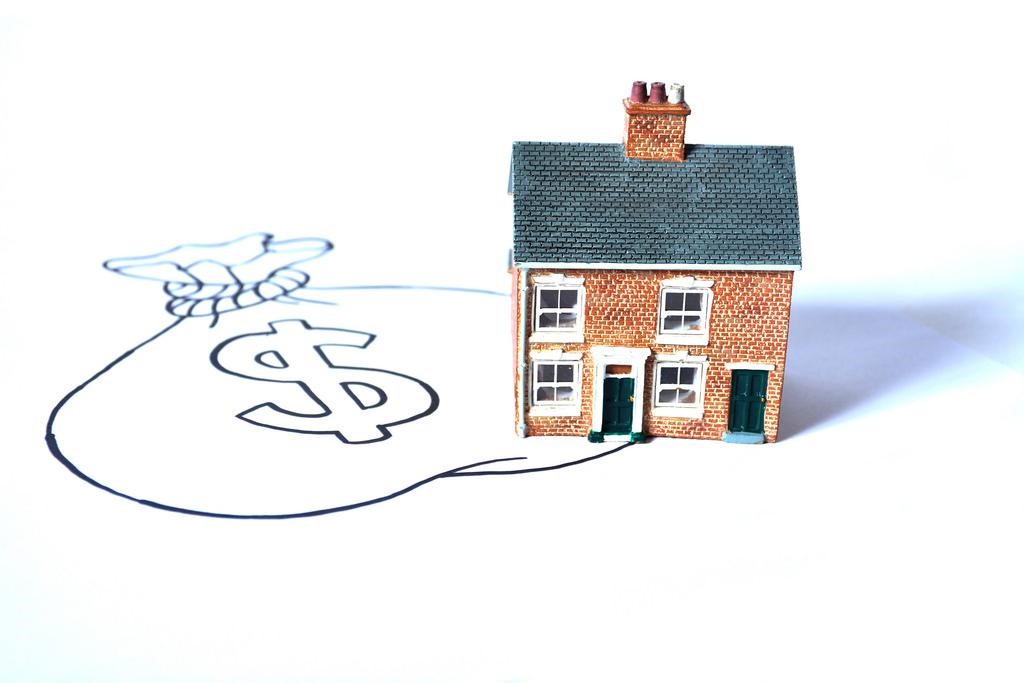If you have a mortgage on your home, you have actually most likely wondered whether it would be beneficial to pay it down ahead of schedule. And if so, you’re not alone. The dispute over whether to prepay your home mortgage has actually continued the individual finance world for a long time now, and it’s not going away any time soon.
The excellent news is, there are noteworthy benefits and disadvantages that come wither either method. There’s also a psychological part to think about that might make either option a good one depending on your scenarios.
Should you prepay your home loan? Consider the mathematics and the possible advantages before you choose.
Pay Off Your Home loan or Invest? The Mathematics States …
When it pertains to whether or not to prepay your mortgage, there are particular people who will just harp on the monetary ramifications of this choice. On one side of the equation, you have actually got specialists who state you ought to not prepay your home loan if you are locked in at a low interest rate. Their reasoning: You would be better off investing your money in the stock exchange where a fairly varied stock portfolio can anticipate to earn a minimum of 7% on average over the course of a years or more.
To put it simply, you wouldn’t wish to pay for a mortgage at 4% APR when you can earn a greater return by investing in stocks and bonds through a brokerage account or bumping up your retirement contributions. Add in the home mortgage interest reduction you can take on your federal taxes and, they state, you would be silly to prepay your home loan and miss out on those perks.
When it pertains to people who see the home mortgage prepayment issue in black and white, the question is just about math. After all, why would you prepay a loan at 3% or 4% and lose on part of an important tax reduction when you could invest that cash instead and earn considerably more?
However There’s an Emotional Side to Prepaying Your Home loan, Too
Still, there are lots of individuals who neglect the math and create ahead with their home loan prepayment strategies. My moms and dads fell squarely in that category. Instead of taking the basic 30 years to pay off their mortgage, they paid it off in less than twenty years.
Ask if they care about the tax deduction they missed out on out on, and they’ll probably look at you like a crazy person. Why? Because the choice to prepay was never about the math to them; it was about their monetary freedom. And math aside, they have never regretted their choice to settle their house and become completely debt-free.
And a great deal of people concur with that belief. For some individuals, like my moms and dads, everything boils down to the fact that they simply do not like debt. It’s as basic as that.
I am likewise following in their steps. We took out a 15-year mortgage 4 years ago and I have actually been working diligently to pay it off since. We live in our permanently home, after all, however that does not imply I desire to pay it off forever. As of this writing, I have one payment to make on my home loan prior to we will be entirely debt-free. By the time you read this, I will have reached my goal. Ask me a year from now if I regret it and I ensure you that I will state “no.”
Still, others choose a much deeper analysis. Whether you’re a math person or someone who just abhors debt, there are other advantages and drawbacks to think about also.
Analyzing the Benefits And Drawbacks
The first one is the house mortgage interest reduction many individuals declare to make when they submit their taxes. With that in mind, let’s have a look at what the home mortgage interest deduction actually implies.
The simplest way to find out your home mortgage interest deduction is to look at your efficient tax rate. State your general tax rate is 22%, for example. Typically, the house mortgage interest reduction reduces your taxes by $22 for every $100 you pay in home loan interest.
That’s a quite good perk, but there’s a caution. Your house mortgage interest reduction is only legitimate for the amount you deduct over and above the basic reduction, which is offered to taxpayers who don’t itemize their returns. Since 2018, the basic deduction is $24,000 for married couples and $12,000 for individuals. Also, the brand-new tax reform costs passed this year positioned a $750,000 cap on the home mortgage interest deduction, indicating you can just subtract the interest on house loan amounts below this cap.
So what does that imply? As of 2018, a higher basic reduction means fewer and less individuals will detail their taxes. And, if you don’t itemize your taxes, your home mortgage interest deduction is worth nothing. And even if you do, it’s only worth what it assists you save over the standard deduction that anyone can take. In a lot of cases, this dramatically minimizes the value of the house mortgage interest reduction to the point where it’s hardly worth considering.
But what about those lost investing returns? When you ask people whether they prepay their mortgage and why, you’ll discover a lot of skeptics who balk at the idea of bring long-term financial obligation in favor of investing their additional dollars in the stock market. And when it pertains to who is “wrong” or “right,” there are a number of ways to take a look at it.
Since the stock exchange has performed well traditionally, the mathematics favors those who choose to hold onto low-interest mortgages and invest their extra dollars instead.
Nevertheless, unlike the stock market, which is not guaranteed, the interest you save by prepaying your home loan is a “certainty.” Many individuals are delighted prepaying and banking the money they minimize interest, even if it’s less than they may have earned by investing their extra dollars instead.
A Well Balanced Method
As somebody who loves math but abhors financial obligation, I see both sides of the problem. Which’s why my household has actually taken a balanced technique. My strategy has constantly involved maxing out our retirement accounts primarily and after that tossing a few extra hundred dollars at the mortgage each month. Sure, our home is practically paid off, however that’s just due to the fact that we have invested heavily all along, maxed out our pension, and fulfilled all our other monetary goals.
We might have paid our home off faster, however I didn’t want to conserve less for retirement to do it. So, we have actually taken an “all of the above” method and done things on our own time.
At the end of the day, only you can decide how to approach your home mortgage financial obligation. When you dislike financial obligation, you want to put it behind you at last, and that’s easy to understand. However it’s also easy to understand for somebody to make their decision based exclusively on the numbers. After all, it’s difficult to argue with math.
So, should you prepay your home loan? It is, and constantly has actually been, approximately you. Just ensure any decision you make is a notified one.















Comments